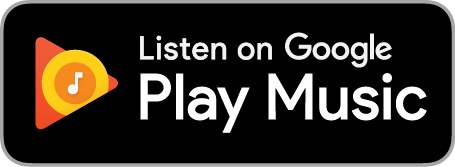More On: entertaiment
LOL! David Spade Goes Off About ‘BiP’ Crabs, Living Conditions
Mike Richards: 5 Things to Know About the New 'Jeopardy' Host
How Keith Urban Feels About Wife Nicole Kidman's Steamy Sex Scenes
Selling Sunset's Chrishell Stause and Jason Oppenheim Are Dating
Adult Brady! Steve! Best BTS Set Photos From the ‘Sex and the City’ Revival
From horror to romance, a good score can add so much emotion to a movie — see our favorites
What’s a movie without music? If Singin’ in the Rain taught us anything, some good sound effects can do wonders for the silver screen.
While we’re partial to the lyrical numbers found in many rom-com soundtracks (hello, the use of Liz Phair’s “Why Can’t I?” in 13 Going on 30!), we admit instrumental tracks serve their purpose as well.
Titanic’s most popular musical moment is definitely Celine Dion’s “My Heart Will Go On,” yet the instrumental score adds so much to the film. Can you imagine how different Rose and Jack‘s dream sequence reunion would look at the end of the movie without melancholy music playing in the background? Surprisingly, the score was originally supposed to sound a lot different.
In April 2017, James Cameron gave away some secrets from the film to The Hollywood Reporter. According to the director, the score originally featured “a lot of Enya.” After the “Only Time” artist turned down the project, composer James Horner stepped in.
While Titanic brings romantic longing to mind, the Psycho score has come to epitomize horror. Although director Alfred Hitchcock originally wanted the film’s famous “shower scene” to play without music, the sound ended up cementing the film’s fame. After Hitchcock heard the score, he was so impressed he doubled composer Bernard Herrmann’s salary.
Later, the Rear Window director noted that “33 percent of the effect of Psycho was due to the music.”
Other scores have also taken on a life of their own. Henry Mancini’s “Pink Panther” theme, which was composed for the beloved 1964 film of the same name, ended up reaching the top 10 of the Billboard adult contemporary chart when it was released.
While the song lost Best Original Score at the 1965 Academy Awards to Mary Poppins, it won three Grammy awards.
National Film Score Day was founded on April 3, 2018. The date was chosen in honor of the 1943 release of composer Miklós Rózsa’s The Jungle Book score, the first-ever recording of a non-musical U.S. film to be released.
From the forever-classic to the more contemporary, scroll to see a few of Us Weekly’s favorite film scores in honor of National Film Score day:

This story originally appeared on: US Magazine - Author:Sophia Vilensky











